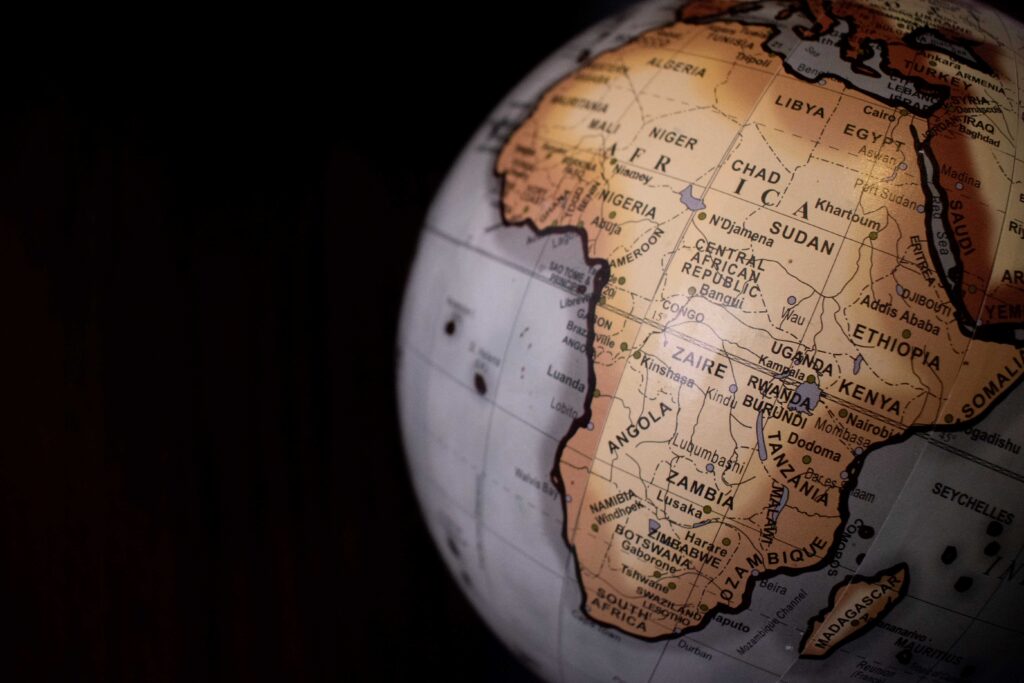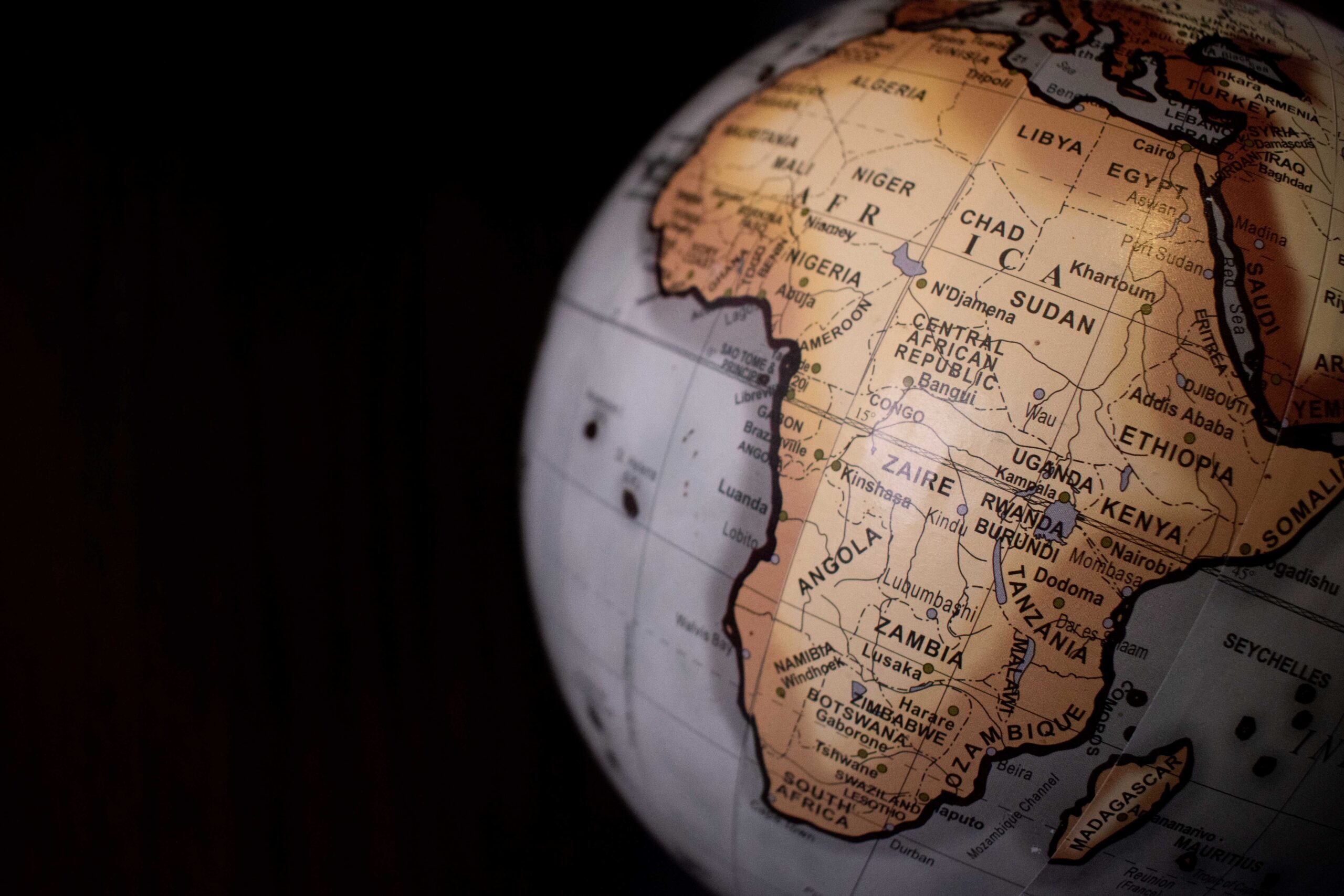Two months after Vivian delivered a baby in April 2022, she went back to a private hospital for urgent medical attention due to severe health complications. Surprisingly, the hospital authorities refused to open their gate mainly because it was a Monday, which is usually observed as a sit-at-home holiday across southeastern Nigeria, including Imo state where she was based. But, she later passed on that same day since she could not access healthcare services, as reported by Premium Times, a local online newspaper.
Njideka Eze remembered Vivian’s story on July 5 this year when her heavily pregnant younger sister, Promise, started having contractions which are expected to last till the day of delivery. Alongside her mother, Eze dreaded that they may not be able to gain access to any hospital because of the weekly sit-at-home order in the southeastern region of the country that is being enforced by the Indigenous People of Biafra (IPOB) — a group agitating for the creation of a separate state for Igbo people.
“We were confused,” she recalled, reminiscing how they planned to get to the hospital without being faced with attacks. However, Eze said it is sometimes safe to sneak out at night in her location in Enugu state. “We took my sister to the hospital at 7 pm [of July 5] and she delivered around 11 pm that night.”
IPOB began enforcing the weekly sit-at-home holiday in August 2021 mainly to deepen its support base and push for the release of its leader, Nnamdi Kanu, who has been in custody of the Department of State Services. Kanu was first arrested in 2015 for inciting violence in southeastern Nigeria and his 11 charges included terrorism, treasonable felony, managing an unlawful society, publication of defamatory matter, and the illegal possession of firearms.
In April 2017, Kanu was granted bail for medical reasons but then fled Nigeria after security operatives raided his home in Abia, one of the southeastern states where the sit-at-home is being enforced. Five months later, the Nigerian government obtained a court order declaring IPOB a terrorist group.
Then in June 2021, the IPOB leader was re-arrested in an undisclosed foreign country and extradited to Nigeria, where he was re-arraigned and prosecuted on a seven-count charge bordering on treasonable felony and terrorism.
Since then, IPOB members have expressed their grievances by ensuring compliance with the sit-at-home order on successive Mondays before it was amended to be implemented on days Kanu appears in court, meaning the entire five southeastern states of Abia, Anambra, Ebonyi, Enugu, and Imo are deserted on these days forcing businesses and institutions to shut down for fear of being attacked.
“They will never stop”
As it is in many parts of the country, Mondays are usually full of activities across the south-east, a region that has a reputation for being successful in business. But acts of violence allegedly carried out by the outlawed group have limited every activity as the people have become targets of attacks.
“I don’t go to work or get to travel on any sit-at-home day,” says Chukwuemeka Okereke, a resident of Enugu state.
A 2015 National Human Development Report focused on human security and human development in Nigeria noted that the most human security secure geo-political zone is the south-east . The region maintained this status for almost a decade until their agitations turned violent in 2021 when IPOB made an infamous history with the sit-at-home holiday. The 2023 Global terrorism index ranked IPOB 10 of the 20 deadliest terror groups of 2022. The outlawed group recorded their deadliest year in 2022 as they were responsible for 57 deaths, 40 attacks, and 16 injured persons.
“The sit-at-home has made the once peaceful south-east a war zone because even days that there’s no sit-at-home, there’s fear amongst people and that can put fear in you too,” Okereke said. “It has turned into a graveyard experience,” he adds.
Experts in the region believe the strategy adopted by IPOB to pile pressure on the government is not effective, mainly because of the devastating impacts on the region’s economy and security.
“Agitators always have their means to pressure government but It [weekly order] has not been an effective strategy [because] the government is not [taking expected action]. It’s only affecting the economy of the south-east and worsening insecurity,” says Nnamdi Chife, a security analyst based in the south-east. “People [now] live in fear and are unable to go out.”
However, there’s a growing concern with recent developments as “some hoodlums disguise and steal from people even to the extent of killing them if they refuse to concur with them [hoodlums],” says Eze.
Chife agrees, pointing out that some groups now see the weekly holiday as an opportunity to commit crime. “They kidnap for ransom and they extort businesses,” says Chife. Yet, this increasing trend may linger for long. “Even if Nnamdi Kanu is released, you might not stamp out the insecurity in the south-east because a lot of people already established structures to commit crime because of the IPOB sit-at-home,” Chife argued, adding that “The crime is a booming business for them so they will never stop.”
These days, it is not exactly clear which group is responsible for much of the attacks on police stations, military checkpoints, and civilians in the region. This is because another group known as the “unknown gunmen” is now operating and their deadly activities have resulted in mass abductions and killings.
In May 2022 for example, the unknown gunmen a Nigerian Army couple in Imo state. Seven months later, a female soldier was abducted and tortured by unknown gunmen. In September this year, gunmen ambushed and killed “many security operatives who were driving in two pick-up trucks to an unknown location,” according to Premium Times.
With these developments, residents say the state governments should have prevented the IPOB group from implementing the sit-at-home order. Joy Idam described sit-at-home days in Ebonyi state where she is based as a “ghost town” as all shops, institutions, and banks are always shut down out of fear of violent attacks.
“IPOB sit-at-home order is one decision that should have been stopped from inception because looking at the decision and its consequences, one would know the decision is not worth it,” argues Idam. However, she is more concerned about her family members residing in “high-risk locations like Owerri, Abakaliki, and Onitsha [all in the southeast].”
Community policing?
Although it came quite late, state governments in the region have made efforts to address the issues by trying to ban the weekly sit-at-home. Yet, it has not been completely addressed. In July this year, Peter Mbah, the Enugu state governor, banned the weekly holiday in his state and even monitored the state secretariat and shops to ensure compliance. Despite this, people still observe the order, mainly to avoid being killed, as Hope Uzodimma, governor of Imo state, described it in July.
Although Kanu himself abolished the order in August this year and declared that every Monday in the region should be observed as Economic Empowerment Day, Simon Ekpa, the leader of Autopilot, a faction of the IPOB, has continued to declare sit-at-home orders in the region.
Chife suggests that since the IPOB members are not known, the government should engage every community group across the region. “There has to be a dialogue between the government and the traditional authorities within the communities, and to have the local aspect of policing infused with government policing to bring the situation under control. The policing has to be a community-led initiative,” he said.
Meanwhile, Eze hopes a lasting solution is provided because “I am tired of seeing people die,” she said.





